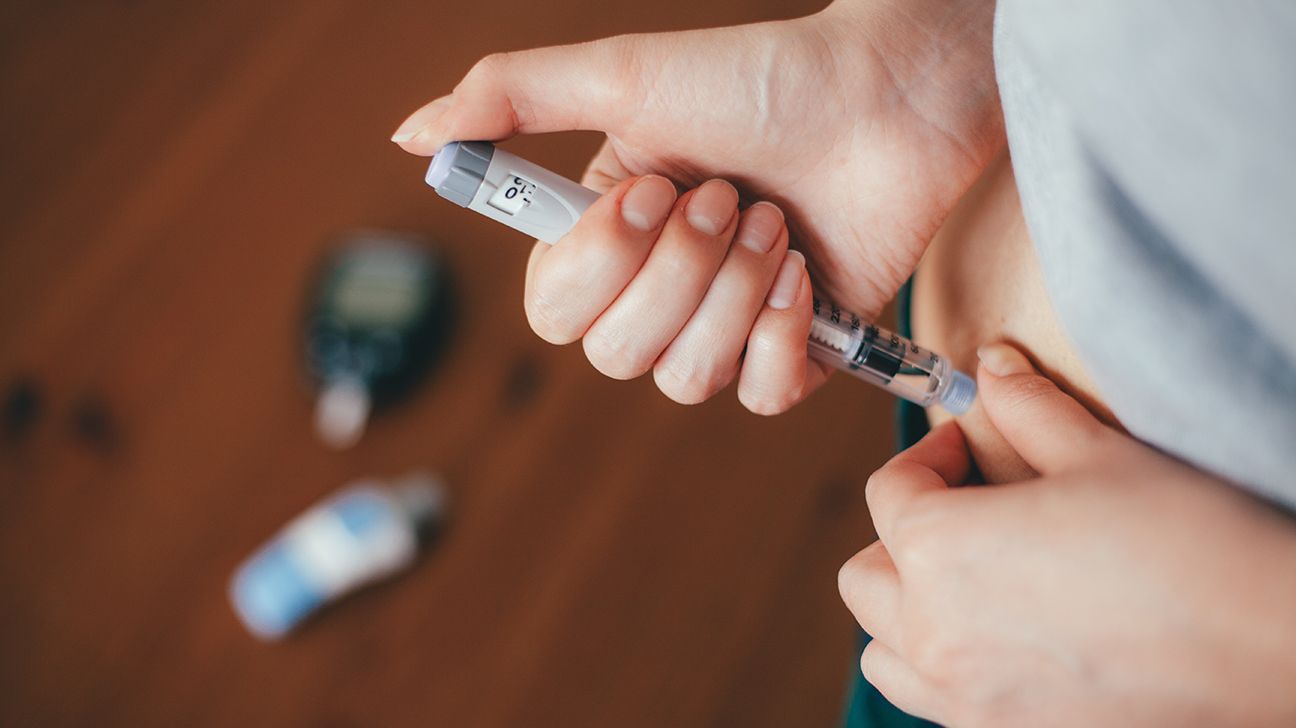Medical Treatment Tips for a Faster Recovery
When it comes to healing, the speed at which the body recovers can be just as important as the treatment itself. Whether recovering from surgery, illness, or injury, the goal is often the same: a fast recovery medical tip that helps you return to your daily life with minimal downtime. Healing may not always be immediate, but incorporating certain practices can undoubtedly aid in speeding up medical treatment recovery. Here’s how you can optimize your recovery time and promote healing in the most effective way possible.
Prioritize Rest for Faster Healing
One of the first things to consider when aiming for fast recovery medical tips is the importance of rest. Your body’s ability to heal depends significantly on how well you allow it to rest. After undergoing a medical procedure or dealing with an illness, rest is essential to providing the energy and resources your body needs to repair itself. This doesn’t mean being completely inactive, but ensuring you get adequate sleep and reduce physical exertion will help promote the natural healing process.
Quality sleep has been shown to support immune function and cell regeneration. Ensuring you maintain a regular sleep schedule, limit stress, and create a calm environment can optimize the body’s healing capabilities. It’s important to listen to your body and give it the downtime it needs to restore energy for recovery.
Stay Hydrated and Eat Nutrient-Rich Foods
Another fundamental aspect of speeding up medical treatment recovery is proper nutrition. The body requires specific nutrients to rebuild cells, fight infection, and reduce inflammation. Staying hydrated is key to maintaining a healthy circulatory system and facilitating the efficient delivery of nutrients to tissues that are healing.
Incorporating nutrient-dense foods into your diet, such as lean proteins, leafy greens, whole grains, and healthy fats, can significantly enhance recovery. Nutrients like vitamin C, zinc, and protein are particularly important for tissue repair, immune support, and collagen production, all of which accelerate the healing process. Drinking water regularly and including anti-inflammatory foods, like turmeric and ginger, can further support the recovery of tissues affected by injury or surgery.
Follow Your Doctor’s Instructions and Treatment Plan
No matter how eager you are for a speedy recovery, one of the best recovery practices treatment is adhering to your healthcare provider’s guidance. Whether it’s taking prescribed medications, performing physical therapy exercises, or following post-surgery care instructions, sticking to the recommended plan is crucial to achieving optimal recovery.
Some treatments require gradual rehabilitation, while others demand strict precautions to prevent complications. Not following medical advice can lead to setbacks or prolong your recovery. Regular follow-up appointments with your doctor ensure that your recovery is on track and that any adjustments to your treatment plan can be made as needed.
Manage Stress to Boost Your Immune System
Stress has a powerful effect on the body and can hinder the healing process by suppressing the immune system. Chronic stress can lead to higher levels of cortisol, a hormone that can interfere with the body’s ability to fight infection and repair tissues. Therefore, managing stress is essential for quick healing medical advice.
Mindfulness practices, like meditation, deep breathing exercises, and yoga, can help reduce stress levels and support recovery. Keeping a positive mindset, engaging in light hobbies, or spending time with loved ones can also keep stress at bay while lifting your spirits and motivating you through the recovery process. A calm mind promotes a calm body, which directly translates to better healing.
Get Active (When Approved by Your Doctor)
While rest is essential, getting moving once you’re cleared to do so can actually aid in speeding up medical treatment recovery. Physical activity encourages circulation, which delivers oxygen and nutrients to healing tissues and removes waste products. Whether it’s walking, light stretching, or specific rehabilitation exercises, movement can help reduce stiffness and increase mobility.
However, always wait for the green light from your healthcare provider before engaging in physical activity. Starting with gentle exercises and progressively increasing intensity can help improve flexibility, muscle strength, and overall physical function.
Explore Natural Supplements for Healing Support
For some, taking natural supplements can be a supportive addition to quick healing medical advice. Supplements such as omega-3 fatty acids, turmeric, and collagen are known to have anti-inflammatory and tissue-repairing properties. However, it’s crucial to discuss these options with your healthcare provider before introducing them into your recovery plan.
Many supplements offer additional benefits such as boosting immune function and aiding in the synthesis of new tissues. When taken in conjunction with a balanced diet and proper rest, these supplements can play a supportive role in optimizing your recovery process.
Stay Positive and Be Patient
Patience is perhaps one of the most overlooked components of a best recovery practices treatment. Healing takes time, and while it’s natural to want to recover quickly, it’s important to understand that the body’s timeline cannot be rushed. By maintaining a positive attitude and being patient with yourself, you can help reduce feelings of frustration and anxiety that may impede your recovery.
Focus on the small victories along the way, such as a reduction in pain or an increase in mobility. These little improvements signal that progress is being made, and soon, you’ll be back to full health.
Whether recovering from surgery, an injury, or a medical condition, the journey to recovery can be accelerated with the right approach. By following fast recovery medical tips like getting enough rest, maintaining proper nutrition, and managing stress, you can set yourself up for a smoother and quicker healing process. Incorporating best recovery practices treatment, staying proactive with your treatment plan, and seeking additional support where needed all contribute to faster recovery. Remember, every body is unique, so listen to yours, follow professional advice, and soon enough, you’ll be on the path to full recovery.

